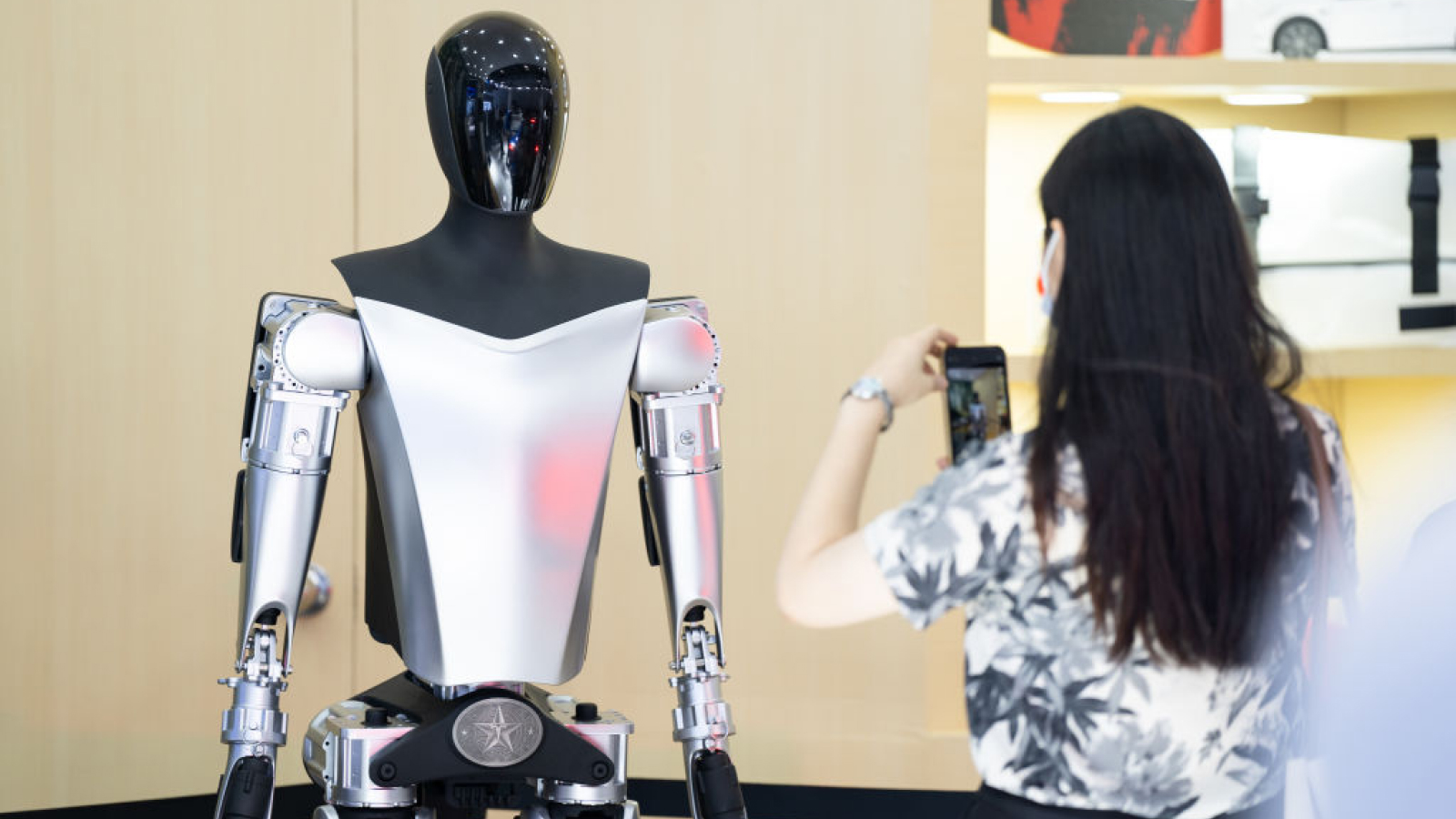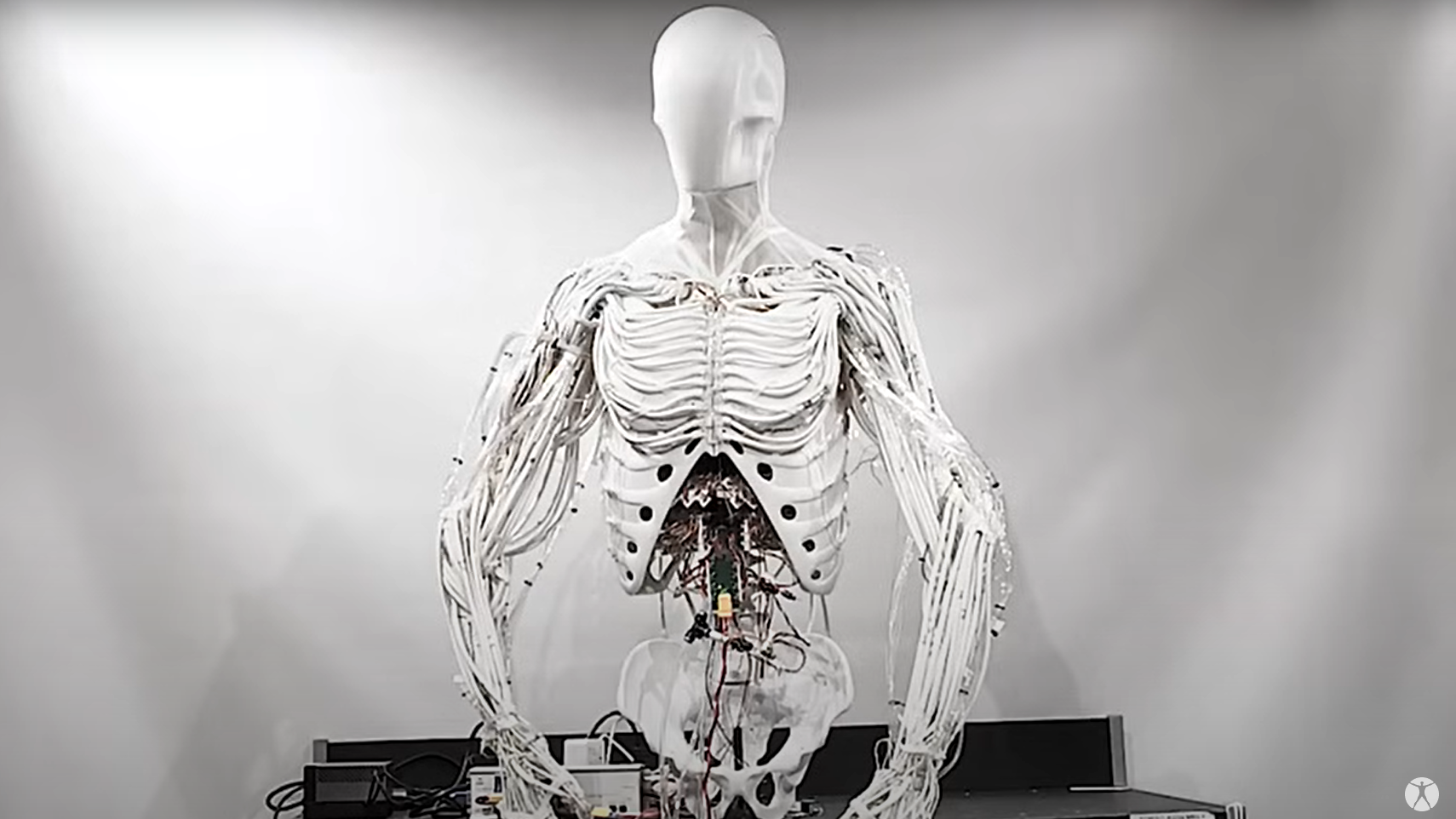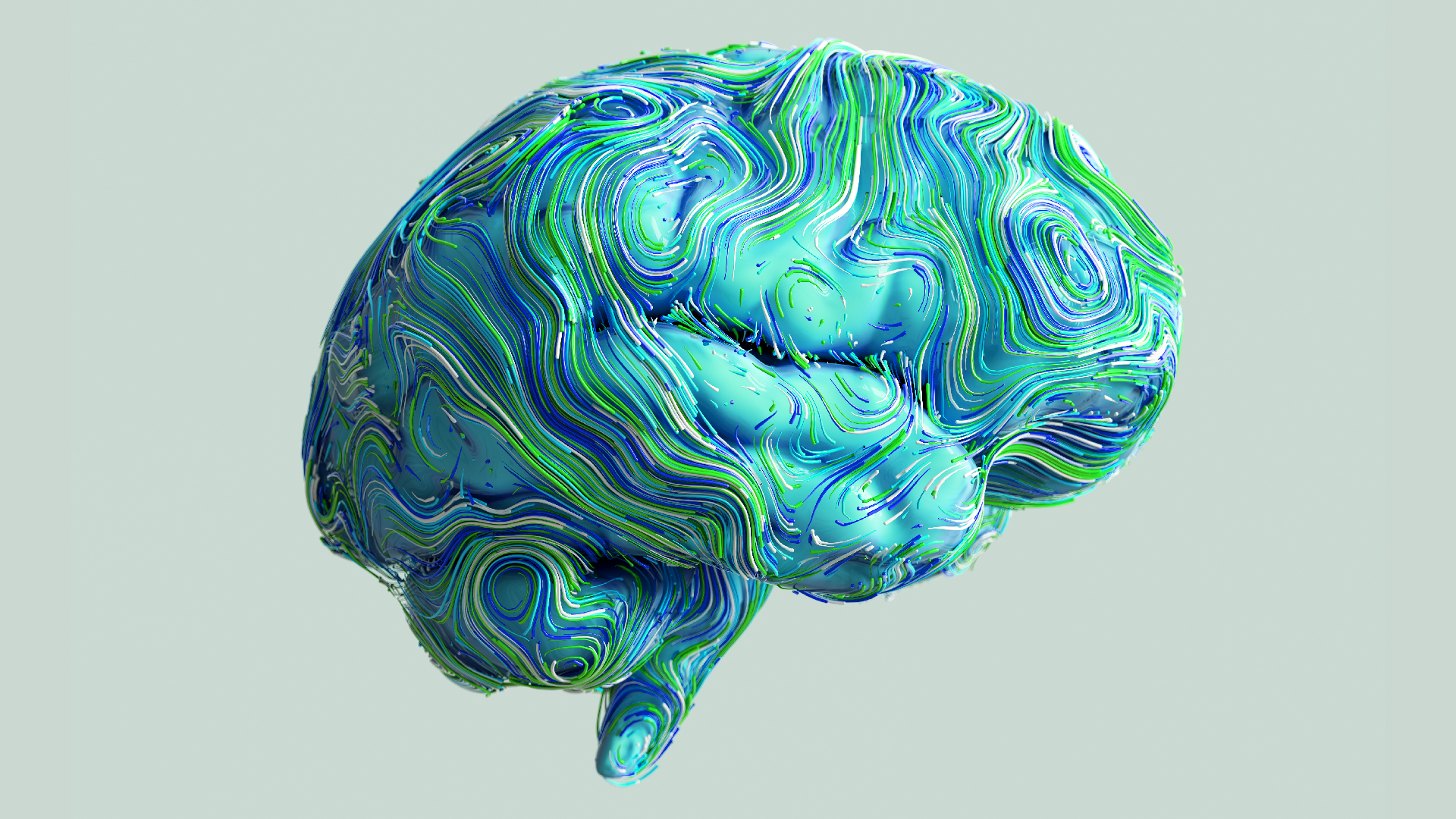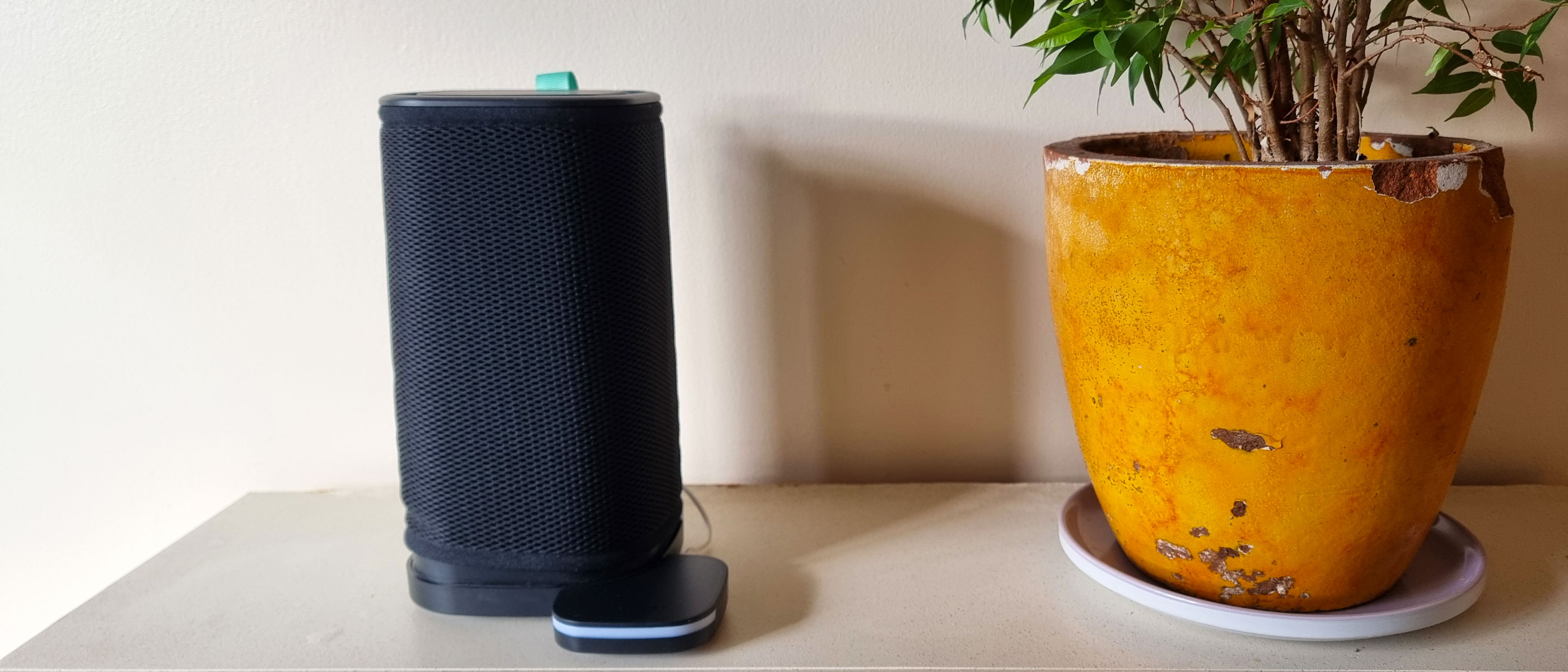9 Celebrities Who Spoke Up about Depression
9 Celebrities Who Spoke Up about Depression
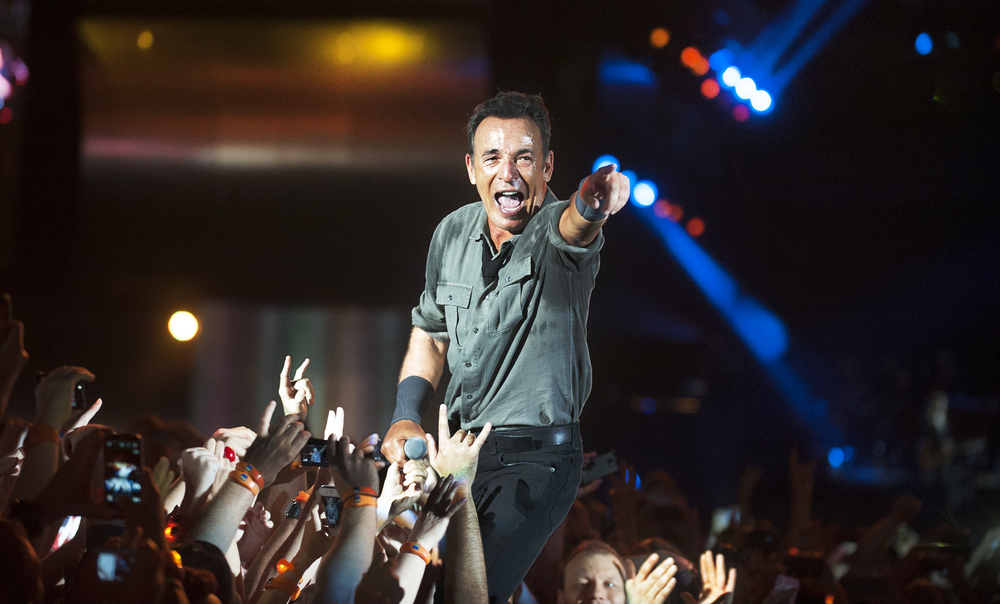
Nearly 16 million adults in the United States experienced a major depressive episode in 2014, making it one of the most common mental health conditions in the U.S., according to the National Institutes of Health.
But there's still a stigma surrounding the disorder in the United States.
Here are nine celebrities who have spoken out about their experiences with depression.
Bruce Springsteen

A 2012 article in The New Yorker detailed the depression Springsteen experienced in the 1980s, and in his new memoir "Born to Run" (Simon & Schuster, 2016), The Boss opened up about his recent bouts with the illness.
In the book, he described himself as "a walking husk" who couldn't get out of bed, according to Rolling Stone. Springsteen's recent depression came later in life (Springsteen is 67) and he's been "quietly treating [it] with medication for years," Rolling Stone said.
Springsteen's father also had depression, according to The New Yorker.
Wayne Brady
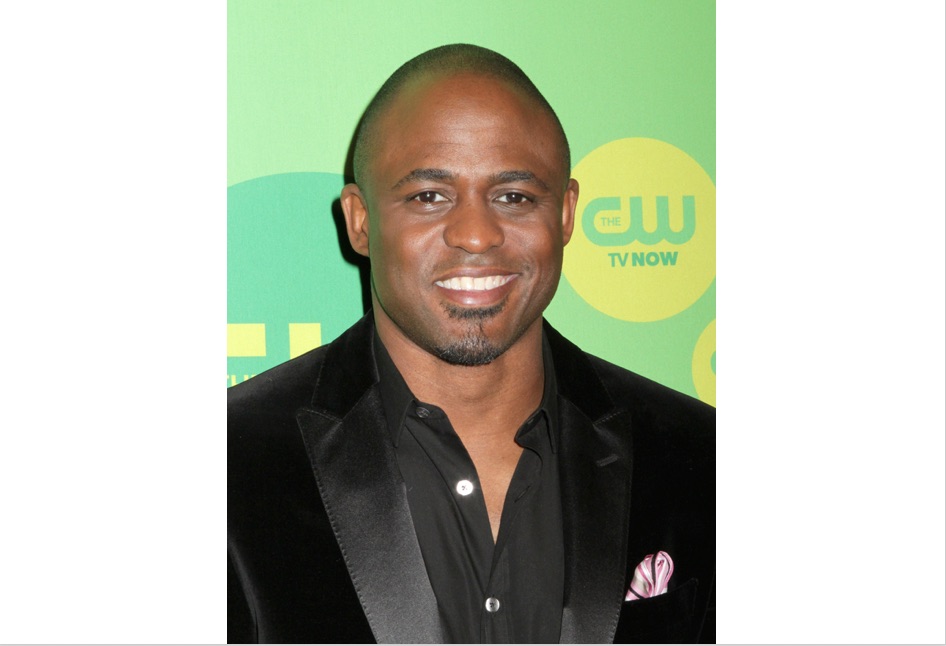
Actor Wayne Brady of "Whose Line Is It Anyway?" told "Entertainment Tonight" in 2014 that he had had depression for years.
Brady had a breakdown on his 42nd birthday, which led him to seek treatment for his depression, according to "Entertainment Tonight."
The actor acknowledged the stigma surrounding the disease, particularly in Hollywood: "Nobody wants to out themselves, so to speak," he told "Entertainment Tonight." [Top 10 Stigmatized Health Disorders]
Sarah Silverman
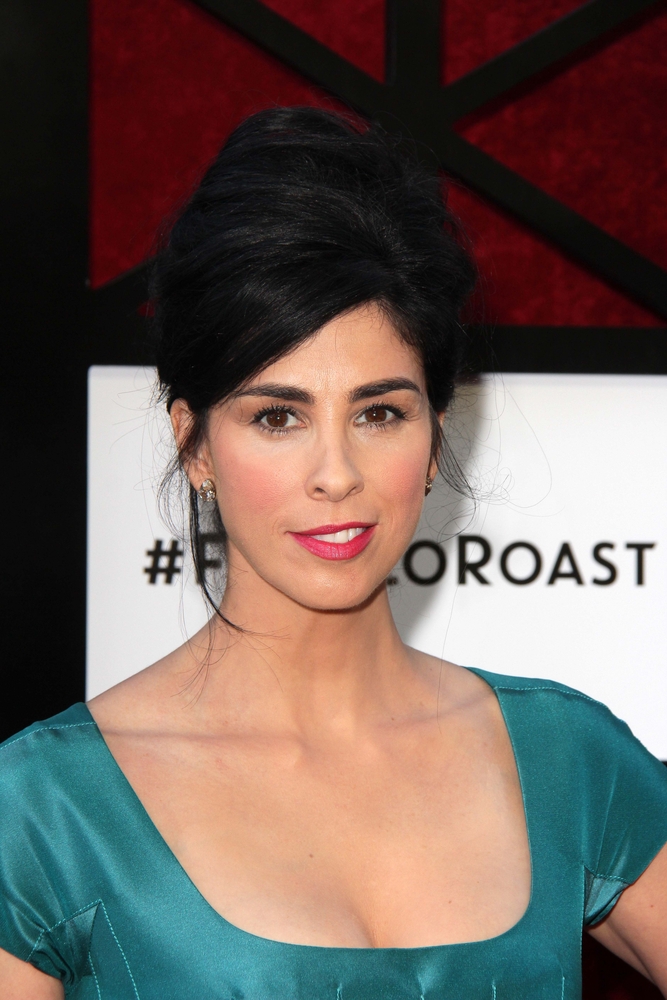
Comedian Sarah Silverman has been very outspoken about her experiences with depression.
"I first experienced depression when I was 13," Silverman told Glamour Magazine in 2015, describing the condition by saying, "It feels like I'm desperately homesick, but I'm home."
Silverman has been able to manage her condition with medications and therapy. She said that she still has "downward spirals" but knows that they will pass.
Kristen Bell

In an essay in Time Magazine in May 2016, actress Kristen Bell detailed her experiences with depression and stressed the importance of ending the stigma surrounding the illness.
"I didn't speak publicly about my struggles with mental health for the first 15 years of my career," Bell wrote. She described how, as a college student at New York University, she felt there was something "intangible dragging [her] down."
"Mental health check-ins should be as routine as going to the doctor or the dentist," Bell said.
Indeed, the U.S. Preventive Services Task Force, a government-appointed group that makes recommendations regarding preventive health services, recommended earlier this year that all U.S. adults be screened for depression when they visit the doctor.
Demi Lovato

Singer Demi Lovato spoke with BuzzFeed in 2015 about her mental health, including her depression as well as her bipolar disorder diagnosis.
Lovato told BuzzFeed that it took her years to figure out why she was feeling "so sad, depressed, lonely and just overall unhappy" despite her "seemingly awesome life."
She added that it's a problem that "mental illnesses aren't looked at like physical illnesses," and "if we don't treat this like a physical illness, problems aren't going to be solved."
Jon Hamm
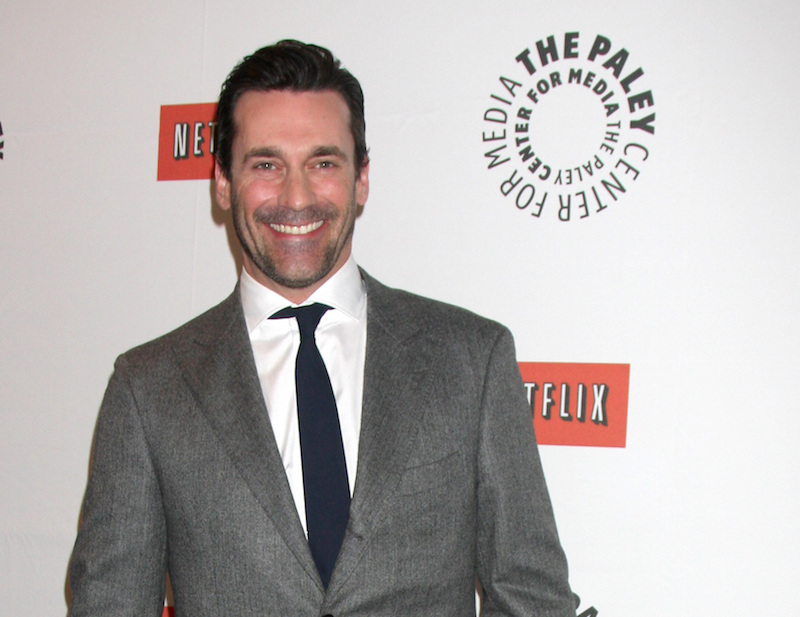
Actor Jon Hamm of "Mad Men" talked about his depression as a college student in an interview with The Guardian in 2010.
"I struggled with chronic depression," Hamm told The Guardian.
Hamm took antidepressants and went to therapy to treat his illness, according to The Guardian.
Therapy "gives you another perspective when you are so long in your own spiral," Hamm said.
Drew Barrymore

After giving birth to her second child in 2014, Drew Barrymore developed postpartum depression.
The actress said she didn't experience postpartum depression after her first child, but she "really got under the cloud" with the second, she told People Magazine in 2015.
Barrymore told People that her postpartum depression was "short-lived" and lasted "probably six months."
Postpartum depression affects up to 1 in 7 women, according to the American Psychological Association (APA). Unlike the "baby blues" (which include feelings of stress, sadness and loneliness), postpartum depression is a much more severe disorder that doesn't go away on its own, the APA says.
Sheryl Crow
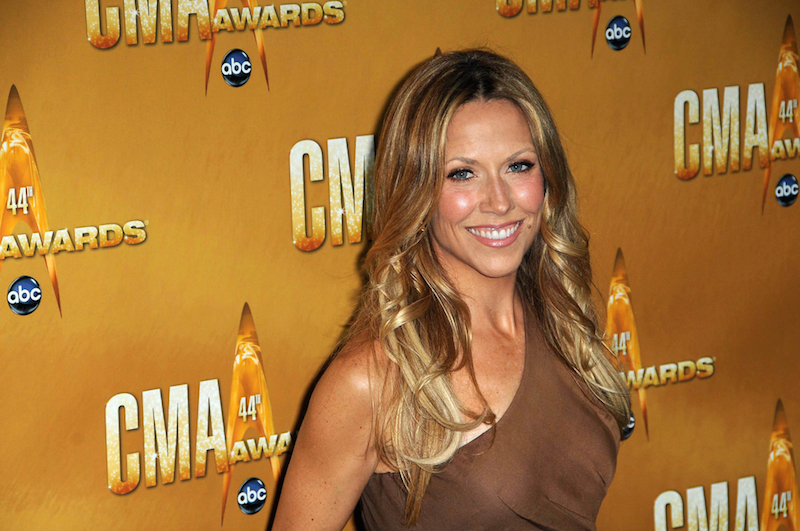
Singer Sheryl Crow has gone through periods of deep depression, according to a 2014 interview with The Telegraph.
Several years earlier, Crow told The Daily Mail that depression has "always been a part of [her] life."
She went through a particularly difficult period in her 20s when she couldn't get dressed or leave her house, according to The Daily Mail.
"Antidepressants helped and so did therapy, but depression is a chemical thing that some people go through," Crow said.
Cara Delevingne
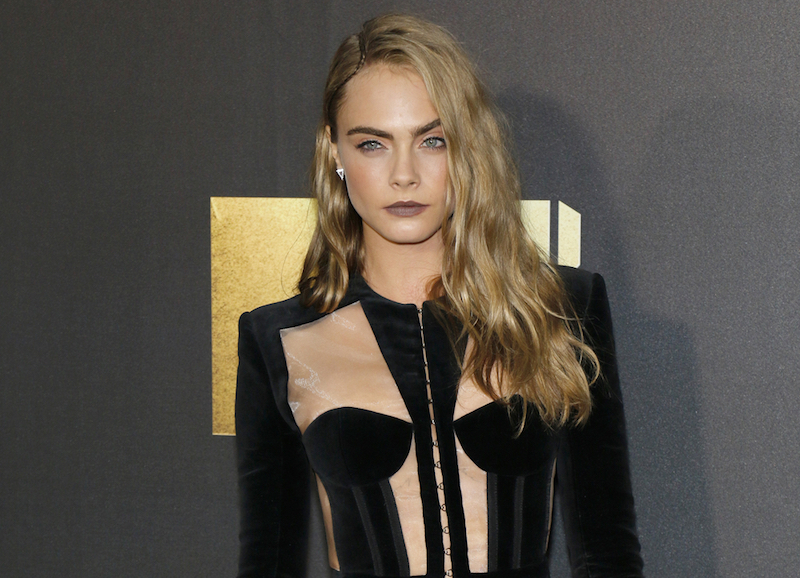
British model and actress Cara Delevingne spoke to Esquire in August 2016 about her "ongoing battle with depression."
The 24-year-old told Esquire that she "started dealing with depression when [she] was about 16." At the time, she was taken out of school for about six months and agreed to take medications for the condition, according to Esquire.
In 2014, Delevingne experienced "another wave of depression," according to Esquire. She said that she still gets depressed but tries to use her work "as an escape."
Originally published on Live Science.
Sign up for the Live Science daily newsletter now
Get the world’s most fascinating discoveries delivered straight to your inbox.


